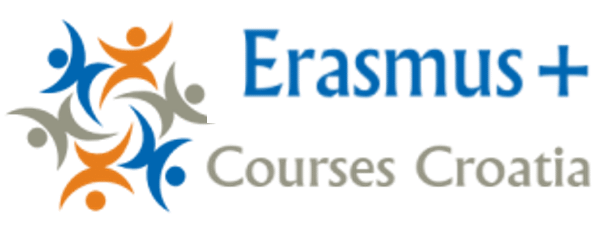
Welcome to our FAQ section, where we’ve gathered answers to the most common questions we receive about our Erasmus courses. Whether you’re curious about application processes, course details, or documentation options, you’ll find helpful information here. If you don’t see what you’re looking for, feel free to reach out—we’re always happy to assist!
Erasmus+ is a European Union program that supports education, training, youth, and sports, offering mobility and cooperation opportunities focusing on inclusion, digital transition, ecological sustainability, and civic engagement.
Individuals and organizations from European Union member states and select partner countries are eligible for the Erasmus+ programme. This includes students, teachers, staff, and youth organizations, with a particular focus on supporting those with fewer opportunities. Eligible countries also include non-EU members like Iceland, Norway, Turkey, and others.
EU Member States and third countries associated with the Programme
These can fully take part in all the actions of the Erasmus+ Programme. They include all EU countries, members of the European Free Trade Association (EFTA), candidate EU countries and others. They were previously called Programme countries.
Third countries not associated with the Programme
These can take part in certain Erasmus+ actions. There are many of these, spanning the globe. They were previously called Partner countries.
To apply for the Erasmus+ programme, individuals should contact their educational institution or the Erasmus+ National Agency in their country for guidance on eligibility, application procedures, and deadlines. Applications typically involve submitting required documents, such as a Learning Agreement, through the institution or relevant agency.
The application processes for Erasmus+ vary depending on which strand of funding you are applying for and whether the funding opportunity is managed by the National Agencies or the European Education and Culture Executive Agency. More information on the application process, including templates and model application forms, can be found in the How to apply section.
The required documents for the Erasmus+ programme typically include the Learning Agreement (detailing the planned activities) and the Europass Mobility document (to track skills and experiences gained). Depending on the specific project, additional documents such as proof of enrollment or project proposals may be needed.
It’s a formal document outlining the terms of your exchange, detailing courses and expected learning outcomes and skills to be gained which ensure recognition. It is signed by the sending institution, receiving institution, and the participant.
This document certifies the skills and knowledge gained during your mobility experience abroad and is filled out by both your home and host institutions.
Erasmus+ mobility is funded through grants. The grant amount varies based on factors like destination, duration, and type of mobility.
The Erasmus+ grant amount varies based on factors such as the host country, type of activity, and duration. To find specific information about the daily grant you may receive, you can consult your institution’s Erasmus+ office or check the Erasmus+ National Agency website for your country. They provide detailed information about funding categories and allowances. Here’s the link to the funding guidelines: Erasmus+ Programme Guide.
Additionally, you can participate in teacher training courses and organized training sessions that last from 2 to 10 days or more if available
KA1 (Key Action 1) focuses on the mobility of individuals, allowing teachers, and staff to study or train abroad. It includes opportunities like study mobility, traineeships, courses, and job shadowing.
KA2 (Key Action 2) promotes cooperation between organizations through strategic partnerships, aiming to foster innovation and share best practices across education, training, and youth sectors.
Erasmus+ courses are short-term educational programs offered by institutions in various countries, focusing on topics like teaching methodologies, professional development, and specific subject areas. These courses are designed for educators and can enhance skills and knowledge through practical training and workshops.
Erasmus+ courses include a variety of short-term training programs for educators, such as workshops, seminars, and specialized training on topics like pedagogy, classroom management, digital tools, inclusive education, mental health and more. These courses aim to enhance teaching skills and professional development. Click and check Erasmus+ Courses Croatia.
The KA1 course fee starts at approximately €400 for a 5-day course and can go up to €800 for a 10-day course.
During your Erasmus+ course, support is available through your Erasmus coordinator, who can provide guidance and resources.
Participants must fulfil agreed activities, comply with regulations, maintain academic performance, and provide necessary documentation after their course training.
Job shadowing is a type of mobility activity where participants observe and learn from professionals in their field at a partner organization in another country. This experience allows individuals to gain insights into different work practices and methodologies, typically lasting from a few days to a few weeks.
Participants may observe daily tasks, attend meetings, engage in discussions, and ask questions to better understand the operations and practices of the host organization.
The duration of job shadowing can vary, typically ranging from a few days to a few weeks, depending on the goals of the participant and the arrangements made with the host organization.
To arrange a job shadowing opportunity, contact your Erasmus+ coordinator or reach out directly to potential host organizations to express your interest and discuss possible arrangements.
Job shadowing is typically available to educators, and professionals seeking to gain experience and learn best practices from their counterparts in other organizations or countries.
The European School Education Platform (ESEP) is an online resource for stakeholders in school education, offering access to resources, best practices, and funding opportunities. It includes the eTwinning community and professional development tools for educators.
If you have questions during your exchange, reach out to your Erasmus coordinator or the support services at your host institution. They can assist and address any concerns you may have.
Erasmus+ can enhance your career by providing international experience, improving language skills, and fostering professional growth. It adds value to your CV and helps you build a network of contacts, making you more competitive in the job market.





